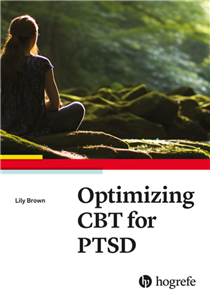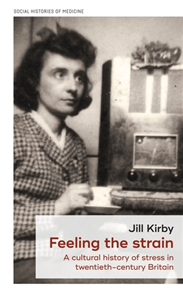Health & Personal Development
A Practical Guide for Adults with ASD
Lately, autism spectrum disorders (ASD) in adults have received more and more attention. A decade ago, autism was only recognised and diagnosed in children. Oddly enough, the fact that ASD could also occur in adults has been neglected for a long time.
By now it has become clear that the symptoms of ASD change over the lifetime. Though people with ASD definitely have many strengths (eye for detail, perseverance, sincerity, a sense of humour, reliability, and consistency), they also have shortcomings.
This book brings the reader up to date about ASD. In Part 1, the causes of ASD are described, both in nature and nurture. This part also includes a discussion about information processing in relation to ASD. Part 2 deals with the behavioural aspects as described in the DSM-5. In Part 3, several important themes are discussed, such as the diagnostic process, sexuality, gender differences, and changes that people with ASD experience throughout their lives.
‘I wish I had read this book 15 years ago. I finally understand why people respond to me the way they do.’ Joost, diagnosed with ASD.
Target Group: adults with autism, relatives, therapists.


























